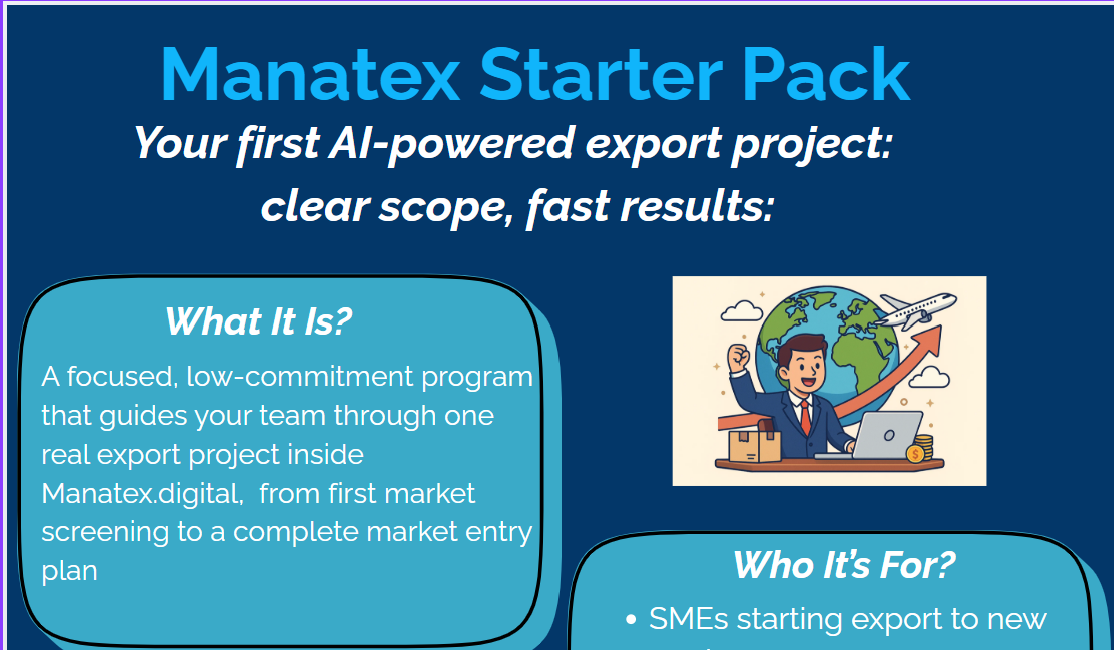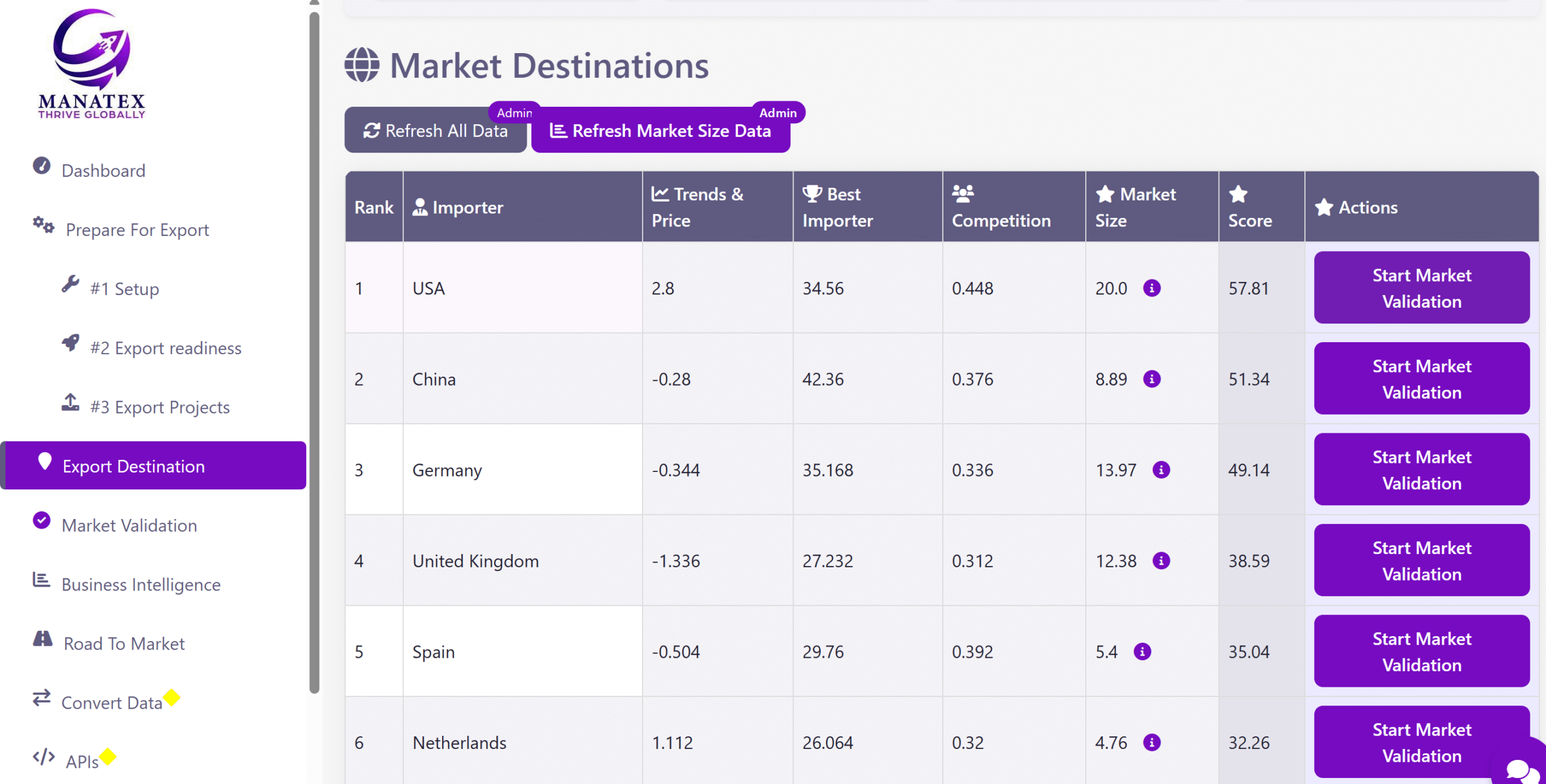As an exporter, the prospect of expanding into new markets via B2B local partners can be both exciting and daunting. Finding a local distributor or importer to facilitate market entry seems appealing, promising cost-effectiveness and can reduce direct involvement in unfamiliar territories. However, beneath the surface lies a myriad of risks and challenges that can outweigh the perceived benefits. Let’s explore why investing in B2B local partner search may not be the wisest decision under certain circumstances.
- Lack of Local Market Understanding: Without a comprehensive grasp of local market trends, diving into a partnership blindly can lead to missteps and missed opportunities. Ignorance of consumer preferences, purchasing behavior, and cultural nuances can sabotage even the most well-intentioned endeavors.
- Competitive Blindness: Hearing of a competitor’s success in a particular market is not sufficient grounds to follow suit without understanding the journey they undertook. Without insight into their strategies, resources, and market positioning, attempting to replicate their achievements is akin to navigating in the dark.
 Unclear Value Proposition: Brands must offer compelling incentives to entice B2B local partners. Failing to articulate a clear and enticing value proposition diminishes the allure of collaboration, resulting in lukewarm interest or outright rejection from potential partners.
Unclear Value Proposition: Brands must offer compelling incentives to entice B2B local partners. Failing to articulate a clear and enticing value proposition diminishes the allure of collaboration, resulting in lukewarm interest or outright rejection from potential partners.- Ambiguous Pricing Structure: A lack of clarity regarding pricing, distribution costs, and profit margins can breed confusion and mistrust among partners. Without transparent and mutually beneficial terms, disagreements over financial matters can strain relationships and undermine collaboration.
- Financial and Trade Risk Ignorance: Exporting entails inherent financial and trade risks, from currency fluctuations to regulatory hurdles. Neglecting to assess and mitigate these risks increases the likelihood of costly setbacks and operational disruptions.
- Regulatory Compliance Blindness: Every market has its unique regulatory landscape, encompassing product certifications, import/export requirements, and compliance standards. Failure to navigate these regulations can result in legal entanglements, fines, and reputational damage.
- Ignorance of Local Consumption Habits: Understanding local consumption habits is paramount for tailoring products and marketing strategies to resonate with target audiences. Disregarding these nuances can lead to product mismatches and failed attempts to capture market share.
- Lack of Commitment to Long-Term Partnership: Establishing fruitful B2B relationships requires sustained effort and investment in nurturing trust and collaboration. If there’s a lack of commitment to long-term partnership building, it’s unlikely that the venture will yield substantial returns.
- Inadequate Communication and Support with your B2B Local Partner: Effective communication and support are essential pillars of successful partnerships. Failing to provide adequate resources, training, and ongoing assistance to local partners hampers their ability to represent the brand effectively and achieve mutual goals.
- Insufficient Supply and Inventory Management: Failing to anticipate and meet the demand of the new market due to inadequate supply and inventory management can lead to missed opportunities and dissatisfied customers. Lack of foresight in ensuring adequate product availability and timely replenishment can undermine the partnership’s success.
Navigating the challenges of B2B partner search is essential for successful market entry. Failure to address these factors not only impedes your ability to find partners but also undermines your credibility in the eyes of potential collaborators. By understanding and overcoming these hurdles, you can increase your chances of forging fruitful partnerships and achieving success in new markets.





